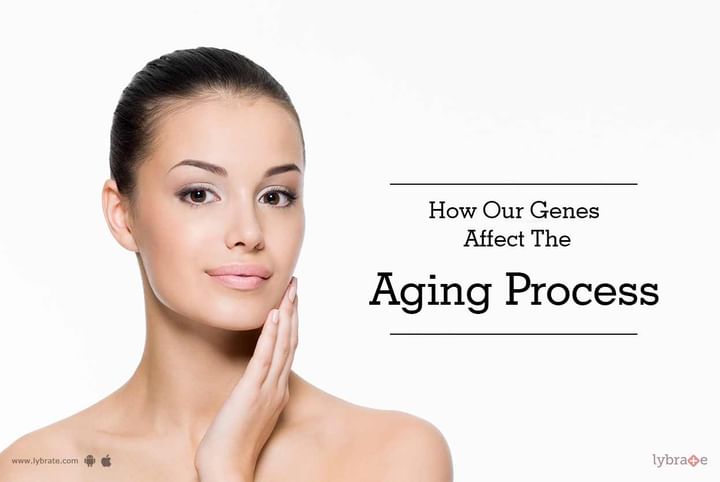How Our Genes Affect the Aging Process
Every living thing goes through a cycle of birth, growth, development, aging, and based on its lifespan, die. Be it an insect with a lifespan of few hours to the giant tortoise who live for more than 150 years. Now what causes aging has been debated about widely. It is a combination of gradual wear and tear of the body combined with gradually declining pace of replacement of the worn out/missing parts. When younger, the body's ability to replace lost skin or bone is strong and it gradually declines with age.
Recent studies have shown that there is a strong genetic component related with aging. We all have noticed how not everybody ages at the same pace, while some continue to look younger than their biological age, the reverse is also true. Intrigued by this finding, a lot of research have gone into what contributes to aging. It has been discovered that a lot of aging factors are inherited, especially from the mother.
Now, a little bit of cellular details:
There is a part of the cell that is called mitochondria, which is the energy production unit within each cell. It has been discovered that the DNA of the mitochondria which is mDNA has a lot to do with how a person ages, specifically what is inherited from the mother. If this has undergone mutation, the inherited mutated DNA accelerates the aging process.
To add to this, there is also a lot of research studying the details of how young genes look different from old genes. The idea is to study this difference and then find out the difference and then see how we can make the older ones look more like the younger ones. This will indirectly reduce the aged look and produce a younger outlook.
Since, the most obvious and apparent aging is seen on the skin, research is being conducted how the cellular membranes called aquaporins act. These are important for regulation of water movement to and from the cell. It is well known that younger skin is more hydrated compared to older skin, and ways are being identified to keep the older skin more hydrated and thereby produce a younger look.
There is also a lot of correlation between nutrition and environmental factors and the overall aging process. Genetic mutations are produced by these factors which also lead to accelerated aging.
While everybody tries to maintain the younger look, aging is something inevitable. While we can do a lot of things by modifying our lifestyle and with chemical support, it cannot be completely halted. While we can try to manage the diseases related to old age, aging may not be something that can be stopped completely.



+1.svg)
